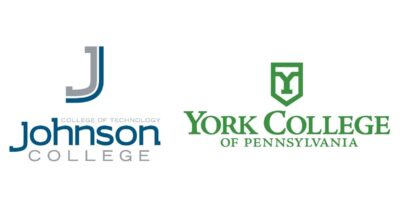Johnson College will hold an in-person Open House on its campus in Scranton on Saturday, March 26, 2022, from 10 a.m. to 1 p.m. To register for the Open House, visit Johnson.edu/openhouse or contact Johnson College’s Enrollment Department at 570-702-8856 or enroll@johnson.edu.
Open House will include discussions about the admissions process, information about financial aid for those who qualify, and student services such as student life, student support, and career services. Plus, same-day acceptance will be available for many programs if students bring their high school or college transcripts. Tours of each technical area will be conducted, and department chairs will be available to review the specifics of their programs. CDC guidelines will be implemented.









